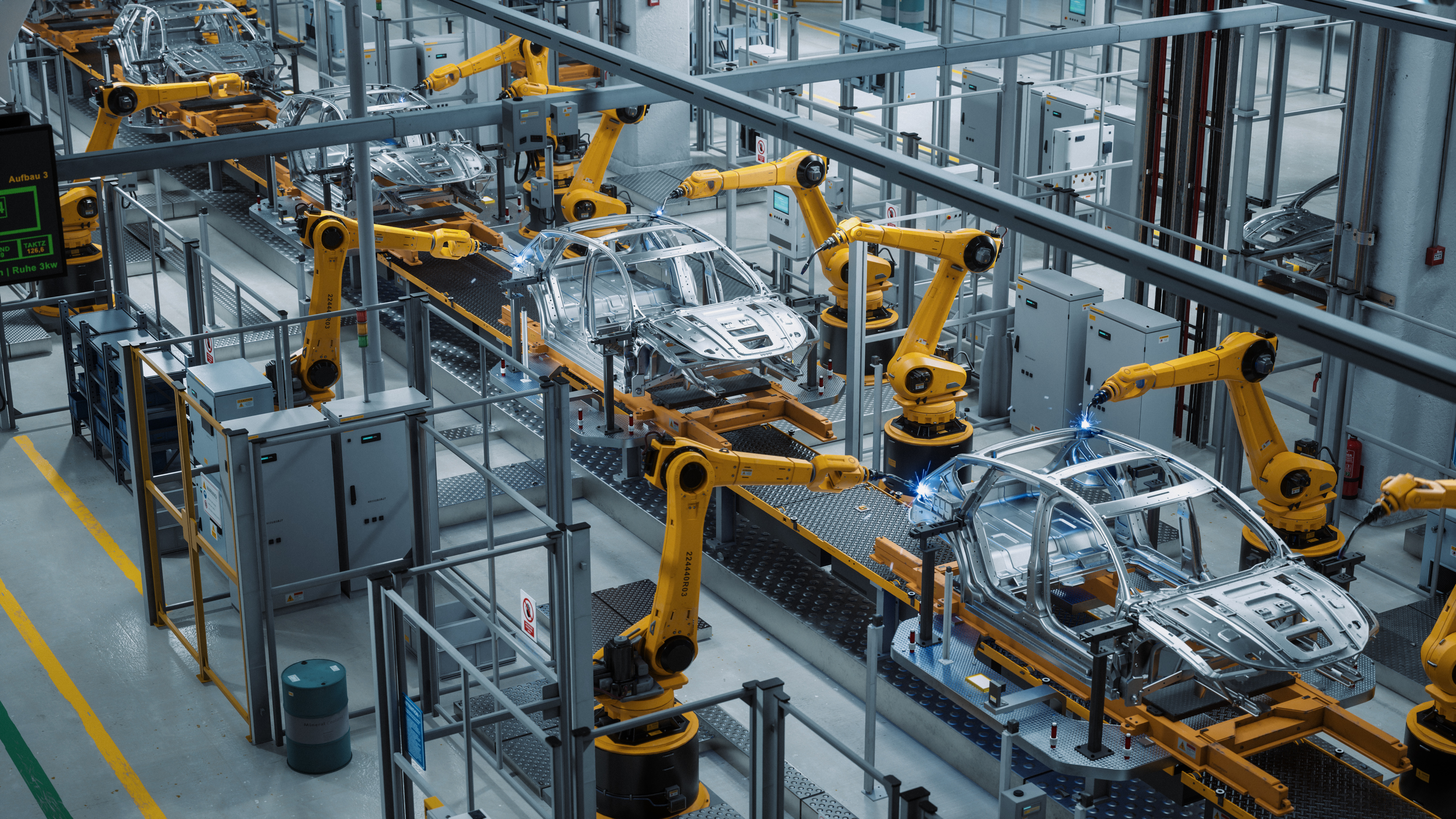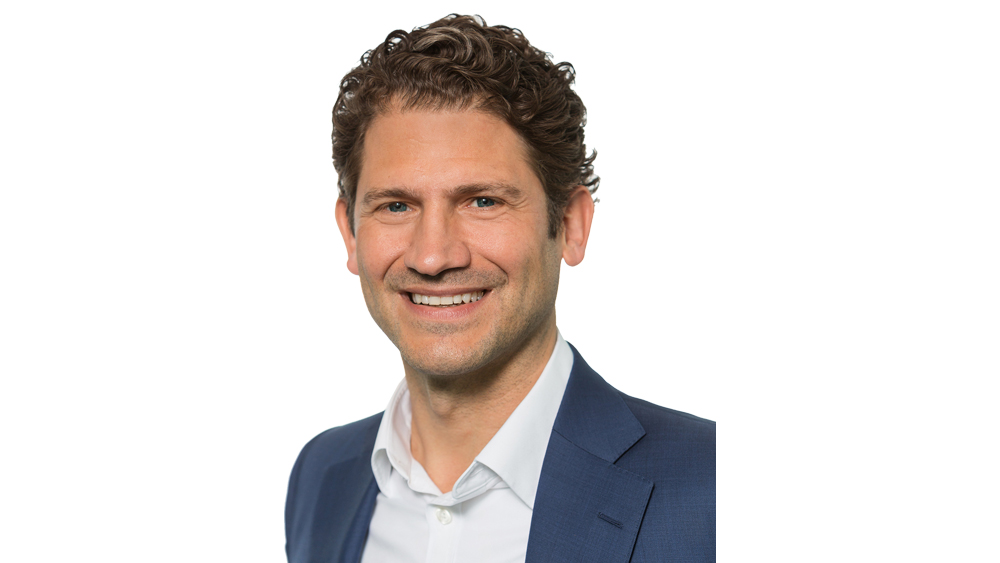- MHP’s GreenTech Study 2023 in cooperation with the well-known Borderstep Institute provides facts on green growth markets in the circular economy
- Ten case studies on various sustainable “R” strategies provide detailed description of growth conditions on circular markets
- Vital issue: Full access to product creation and end-of-life as a basic prerequisite for a functioning circular economy
- Circular economy-based business models are important pillars of industry and have great marketing potential
Ludwigsburg – The status quo in Germany is still characterised by a system more geared to circular waste management rather than a "genuine" circular economy. This is one of the key findings of the new GreenTech study conducted by the management and IT consultancy MHP together with the Borderstep Institute for Innovation and Sustainability. It is also a fact that per capita raw material consumption in Germany is still well above the global average, which once more underlines the urgency of measures to promote the circular economy. The authors looked at ten case studies on various sustainable R-strategies and developed recommendations for action that companies could take.
The study deals with case studies of start-ups, organisations and companies in green growth markets and points out, among other things, ways of recovering raw materials from traction batteries. It provides insights into the possibilities of reusing old traction batteries and restoring used machines to mint condition, as well as describing usage-optimised and results-oriented services.
Circular economy 2.0 as a significant business line
For the automotive industry, the circular economy principle is not a new concept. One example of this is the Volkswagen brand's replacement engine and parts programme, which enabled customers to purchase remanufactured components for their vehicles for decades. For example, it was possible to purchase a reconditioned engine - or even just a starter motor or alternator - directly from an authorised dealer for an over 20-year-old Volkswagen. Many customers appreciated this favourable opportunity to use their vehicle for longer.
However, so-called "planetary boundaries" now require a much more holistic approach to the circular economy, demanding a systematic perspective and consistent implementation of the circular economy principle. "There is no alternative. Whereas the early form of the circular economy focused purely on economic benefits, the focus today is on ecological necessity," explains Dr Thilo Greshake, Partner at MHP and Head of Service Unit Sustainability & Mobility Transformation. Accordingly, the industry is now considering a much broader scope of activity when it comes to material and raw material cycles.
Professor Dr Klaus Fichter is the Director of the Borderstep Institute for Innovation and Sustainability and in his view "the circular economy is a key element and an important line of business for manufacturers and suppliers as a building block for decarbonisation. Successful circular business models have got to start in a product’s design phase and focus on the service aspect. Physical products and systems are becoming 'service fulfilment assistants'. The future belongs to pay-per-performance." The study presents ten so-called "R concepts", ranging from remanufacturing and recycling to the use of new results-orientated services, such as pay-per-performance models (usage-based remuneration based on proven successful performance). These extend the product life cycle and combine economic and ecological objectives.
Digitalisation is both the key and the essential success factor for pay-per-use business models
In the GreenTech study, the experts look at a particularly successful pay-per-performance model, or more precisely, a pay-per-part model. It is used by Trumpf SE as an "equipment-as-a-service" offer for the sale of fully automatic laser cutting machines. In this specific case, it means that the production system remains the property of Trumpf. The entire laser cutting process, from cost calculation to programming, remote operation, remote diagnostics, troubleshooting, maintenance and training, is offered as a service. The customer only pays for the parts produced. The basis for the digital networking of the machines with the Trumpf Remote Control Centre in Neukirch is the data integration platform DIP. It was developed in cooperation with MHP, who has been supporting its further development since 2019. Digital networking means the operation of the machine offered as an "Equipment-as-a-Service" model can be optimised to maximise output.
"On the one hand, we have extensive expertise in the modularisation and digitalisation of business models. On the other hand, we also know our way around a wide range of sustainability fields. We are a strategic implementation partner for operationalising sustainability strategies. It makes no difference whether the projects are for start-ups or large companies. For both economic and ecological reasons, MHP assumes that circular economy business models will make a valuable contribution to climate and environmental protection. They are important pillars of industry and also offer great potential for international marketing," says Dr Thilo Greshake.
Access to product creation and disposal is vital
Alexander Appel, Manager at MHP and co-author of the study, emphasises that "full access to products is the basic prerequisite for a functioning circular economy. That’s something this year's GreenTech study also makes this clear. If there is no control over product return at the end of product life cycles, no circular economy can emerge. This is where the digitalisation of the economy offers many opportunities. It serves as a catalyst. However, for this catalyst to be fully effective, digitalisation must be driven forward without compromise."
Companies should take a closer look at the concept of the circular economy, not only against the backdrop of environmental and climate targets, but also in connection with the upcoming Supply Chain Duty of Care Act, which will be extended to companies with 1,000 or more employees from January 2024. The aim of the law is to protect human rights and the environment along the entire global supply chains of these companies. The circular economy can not only help companies to comply with legal requirements, but also to benefit from ecological and economic advantages, something which ultimately sets them apart from their competitors.
The study and further information can be found here.






